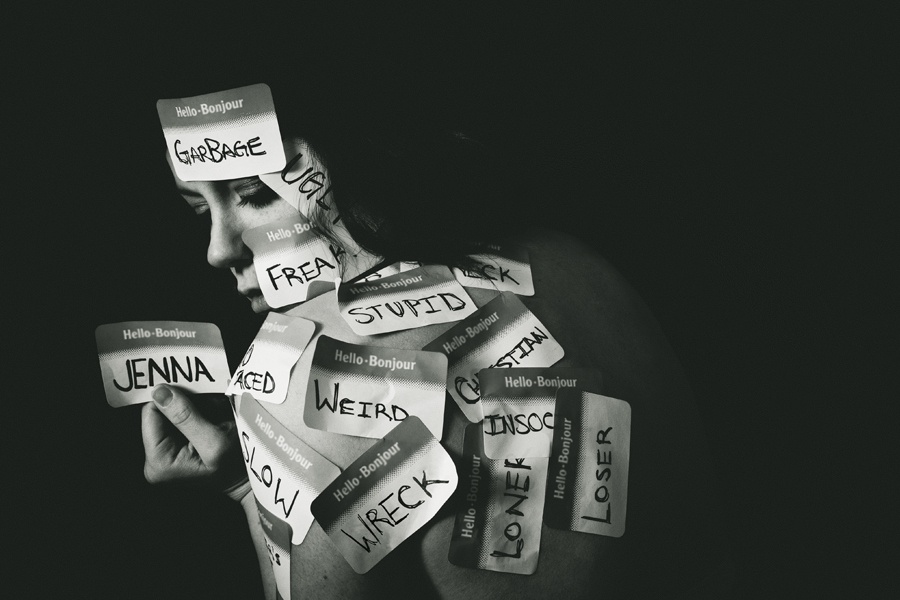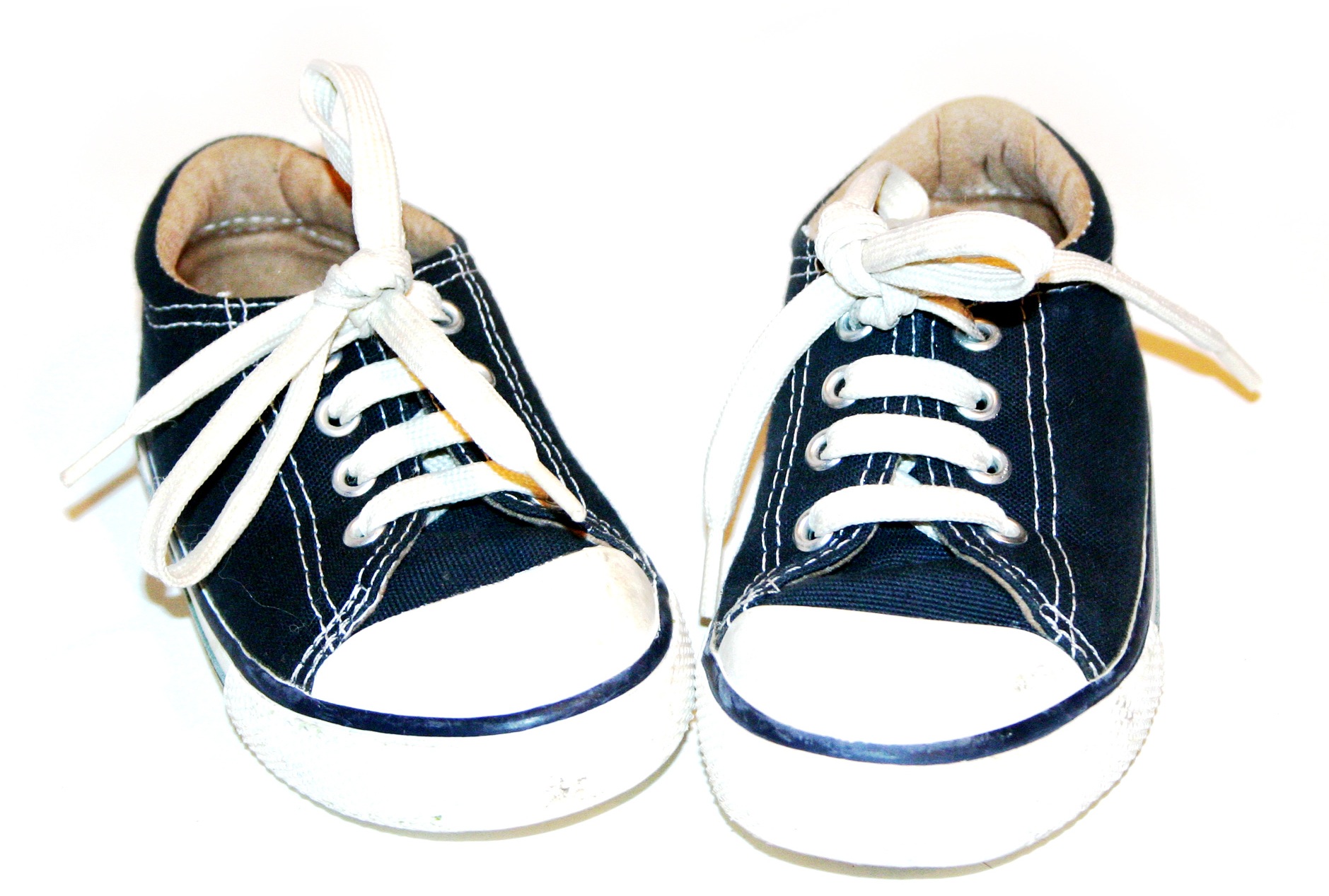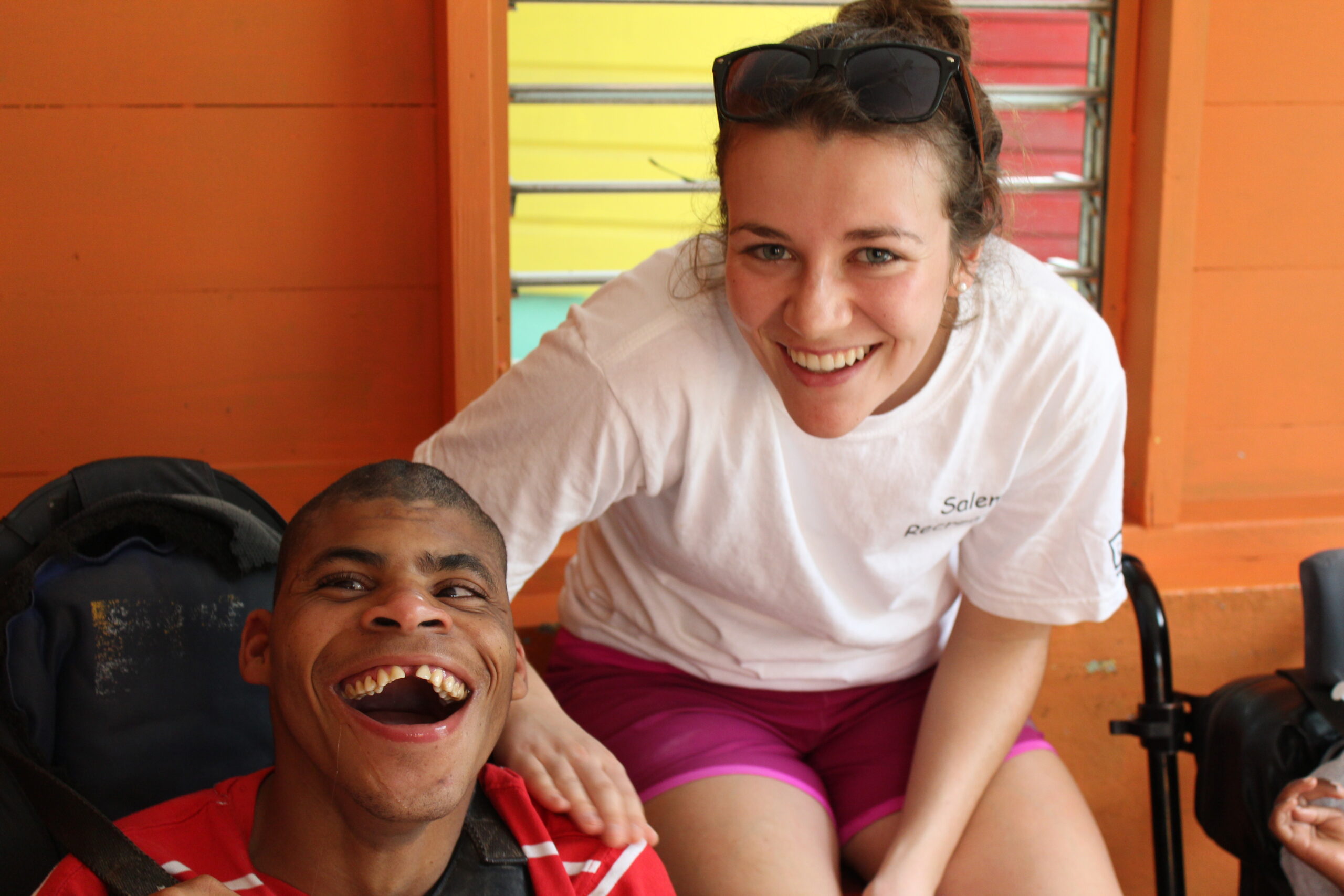This is a guest post by Mel Davis.
 As much as we like to be as accepting as Jesus Christ was of all human beings, we often fall short of our intentions, resorting to the devastating habit of labelling people. Children, for instance, are quickly deemed naughty, difficult or obstinate, and teens called rebellious, rude or anti-social. The harm that labels cause is particularly noticeable in those who have had to face challenges in life, such as recovery from substance abuse or alcoholism. These people are often deemed liars, disappointments or “the black sheep” of the family, a far cry from the mercy and forgiveness Christ espoused in his lifetime, through his words and deeds.
As much as we like to be as accepting as Jesus Christ was of all human beings, we often fall short of our intentions, resorting to the devastating habit of labelling people. Children, for instance, are quickly deemed naughty, difficult or obstinate, and teens called rebellious, rude or anti-social. The harm that labels cause is particularly noticeable in those who have had to face challenges in life, such as recovery from substance abuse or alcoholism. These people are often deemed liars, disappointments or “the black sheep” of the family, a far cry from the mercy and forgiveness Christ espoused in his lifetime, through his words and deeds.
Labels can harm, since they suggest that there’s nothing we can do to change our innate “wrongness”, or the way others perceive us. In reality, every day is a new opportunity to be our best selves. Despite the labels that others may have used to describe us, we can indeed break free of constructs and aspire to greater things.
Neglecting Our Responsibility
Labelling is easy because it allows us to lay full responsibility on others, thus neglecting the role we may have been playing in a problematic relationship or situation. For instance, we may label our children liars yet create an atmosphere at home in which kids may find it difficult to tell us the truth. We may be too quick to punish, blame or judge them, instead of listening with open, thankful hearts, for no gift is quite as significant as pure honesty.
Personally speaking, I did not realise exactly how this matter affected me until I it was pointed out that I had unfairly judged someone and taken the moral high ground when I should not have. For many years I suffered with an addiction to OTC painkillers which I’d been taking to minimise pain from a health condition I’d been suffering from. My problem soon spiralled out of control and became unmanageable, but I “appeared” to be normal on the surface. Through the grace of God and the help of an understanding therapist and counsellor I managed to overcome my issues and start to live a normal life again. I still have bad days and times when depression and a physical “need” to take painkillers grabs a hold. This is where my issue with labelling comes in. An acquaintance of my family had recently spoken out about their own issues with alcohol – none of us had been aware there was an issue, as this person had, to all intents and purposes, continued to function normally. However, it was clear from the way they were talking, that although they were getting help, they were finding it difficult to overcome their issues. Without thinking, I automatically said to my husband that they clearly weren’t “trying hard enough” to get well and that they ought to be doing more, seeing as they had a young family to bring up. My husband—quite rightly—reminded me that simply because I had battled my own issues and gotten over them, that the same wasn’t necessarily true for others, that a process such as addiction is often one step forward and two steps back. We should never assume that our experience will be universal—and that others who are struggling will see things differently.
Instead of giving into the temptation of criticizing, blaming and labelling others, we should begin by asking ourselves a few questions:
- Are we respectful and supportive of others when they try to be honest with us, or are we a little quick to blame or chastise them?
- Are we setting reasonable standards for others?
- When someone does or says something we don’t like, do we discuss the matter calmly?
- Do we allow others to disagree with us without getting defensive?
- Can we accept setbacks as an inevitable part of life?
- Can we support people and help them learn from their mistakes in a non-punitive, non-condemning approach?
- How can we learn to accept and love others as they are, by following Christ’s example? The Bible is filled with wonderful accounts of the times Jesus accepted those who were rejected by society, showing the power of unconditional love.
Mel Davis is a writer and editor who used to work within the mental health care field. She herself had suffered problems with addiction during the early part of her adult life. Whilst in recovery she turned to the church, and to God, for solace and firmly believes that this has aided her on the journey to wellness once more. She lives with her husband and her two children.
| If you’d like to write for God In All Things please see the Submissions page. |









Very Well Written
This post falls under my “Messages from the Universe” umbrella. I can be one judge-y broad. Early this week my snap judgements were taken to task by an episode of my favorite, Call The Midwife on PBS. The young nun/nurse cried about being so busy judging a patient she didn’t see that the needed a friend & compassion. Now this post. So there I stand. All righteous and smug. It is the thing I work on constantly but find most difficult to change. Silly me, maybe they just need a friend.